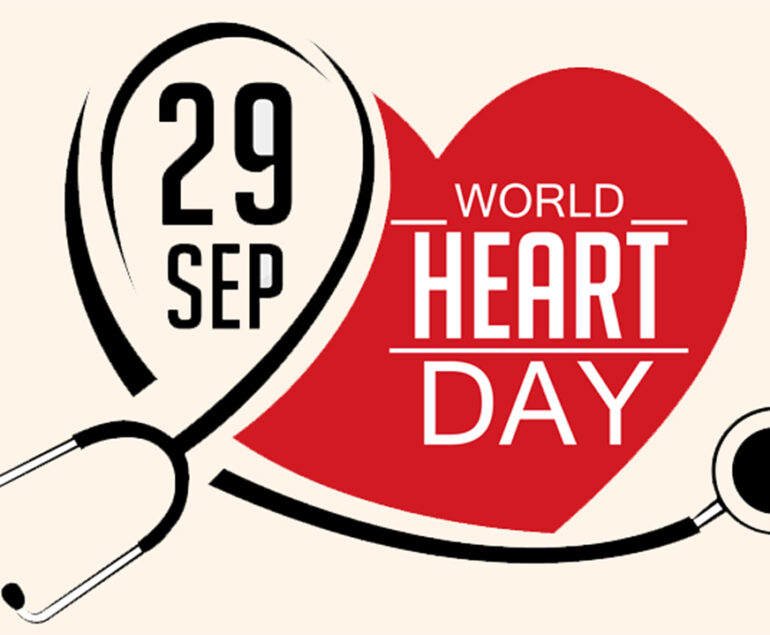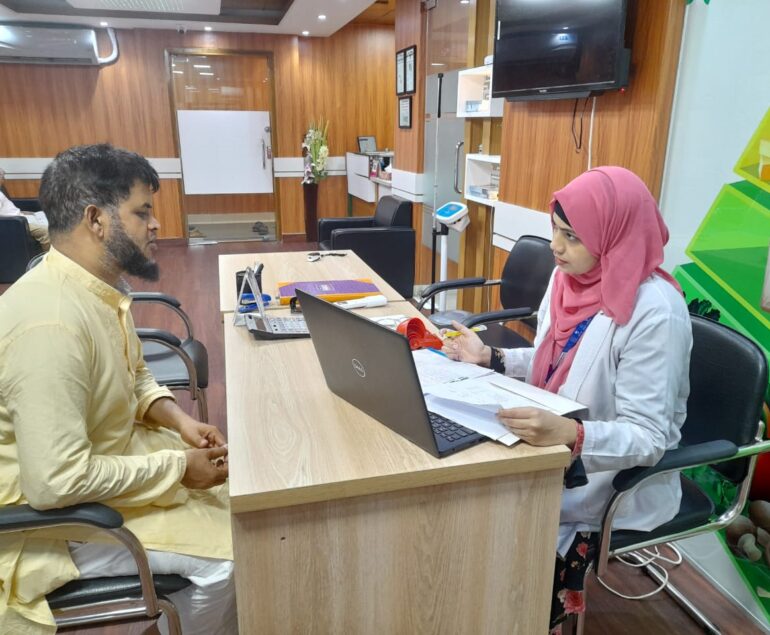Cardiologists and cardiothoracic surgeons at Matribhumi Heart Care have extensive experience performing coronary bypass surgeries, vascular surgery, and open-heart surgeries. Our Heart Disease Treatment BD is equipped with third-generation cath labs, cardiac critical care units, and intensive care units.
Heart Disease Treatment BD work of a hard has improved outcomes and quality of life.
Introduction to Heart Disease – Heart Disease Treatment Bangladesh
An illness affecting the heart’s function or structure is termed a heart disease. It can cause damage to heart muscle tissue and other parts of the heart. When the heart muscles are damaged, the heart will not be able to pump blood effectively. This can lead to congestive heart failure or a heart attack. A heart attack occurs when the supply of blood to part of the heart is blocked. In this situation, the heart cannot get enough oxygenated blood to supply the tissues. The result is a heart attack. Heart attacks are common and can happen without any warning. In fact, most people who have a heart attack die within a few minutes or hours. Heart disease is a serious condition that needs to be treated immediately.
There are different kinds of heart diseases. Some can be cured, while others are not curable. Many people are unaware of how serious heart disease can be. It is a common misconception that people with heart disease have weak hearts. In reality, people with heart disease can lead normal lives if they stay away from smoking, obesity, stress, and high cholesterol. The most important thing is to maintain a healthy lifestyle.
People with heart disease should also keep regular checkups. It is important to get a blood test done every year. Our Heart Disease Treatment BD doctors can identify and help you with any heart disease. We can provide you with information that will help you better understand the treatments that may be offered to you. There are a variety of treatments available for heart and circulatory conditions. If you are considering a treatment, we have information that can help you make a better decision.
Types Of Heart Diseases
Heart disease can take many forms. Depending on how they affect the structure and function of the heart, some types can be grouped together. They are –
Coronary Artery Disease –
The tightening of the arteries causes coronary artery disease and other vascular diseases (atherosclerosis). When the arteries leading to your heart are narrowed or clogged, you have coronary artery disease.
It is the most prevalent form of heart disease and is responsible for the majority of heart attacks and angina (chest pain). Vascular sickness refers to issues with different blood vessels that decrease blood flow and impact the way your heart works.
Heart Attack
If someone has a heart attack, the person will usually feel a burning or squeezing sensation in the chest and arm. If someone has a silent heart attack, the person won’t experience any signs or symptoms at all.
People who have heart attacks don’t feel any discomfort. They may only hear a rumbling sound or they may feel pain in their chest and arms. Most heart attacks happen without any symptoms. They occur without warning. A heart attack occurs when blood flow is reduced in the heart. If the heart gets less blood, it doesn’t get enough oxygen.
Arrhythmias
A lot of people have arrhythmias. Some people just have irregular heartbeats and others have arrhythmias that come and go. Sometimes the arrhythmias happen suddenly and other times they are long-term issues.
These arrhythmias are usually due to changes in the electrical activity of the heart. If a person has an arrhythmia, his or her heart rate may slow down, or even stop completely.
Heart Failure
When you have heart failure, your heart doesn’t pump enough blood to meet your body’s needs. Most people with heart failure have symptoms of shortness of breath and swelling in the ankles and legs. This is called congestive heart failure. If you have this form of heart failure, your doctor will check to make sure the heart is pumping normally. The heart disease may be mild or severe, and if it is severe, it may not be possible to treat it.
You may need a special heart monitor to check your heartbeat and blood pressure. You may have tests to check the amount of fluid in your lungs and other organs. You may need to change the medications that are helping your heart to function normally.
Pericarditis
If you think you have pericarditis, visit your doctor right away. He or she will examine your body to find out if the symptoms are due to pericarditis. Your doctor will also ask you questions about your symptoms. He or she will also ask questions about your medical history and past health problems. It’s very important that you tell your doctor everything about your symptoms, especially what makes them feel like pericarditis. If you think that your symptoms are related to pericarditis, your doctor may order some tests to see if pericarditis is the cause of your symptoms. You may need an EKG test. In addition, your doctor will ask you to describe your symptoms.
Causes of Heart Diseases
Heart disease is the number one killer.
The risk of developing heart disease increases as we age.
Heart disease is also related to lifestyle factors such as
- Smoking
- Unhealthy weight
- High cholesterol levels
- High blood pressure
- Eating junk food
- Diabetes and
- Lack of exercise.
Healthy living means not putting yourself at risk of developing heart disease. It is recommended that we eat a healthy diet and get regular exercise. Some ways to improve your lifestyle include having your cholesterol tested, checking your blood pressure and getting enough sleep. It is also recommended that people with a family history of heart disease have their cholesterol tested. Other lifestyle factors that may increase your risk of heart disease include being overweight or obese, having high blood pressure and diabetes, and smoking.
Treatment of Heart Diseases
Treatment for heart disease includes medication, lifestyle changes (healthy eating, staying active, reducing stress), and surgery or other procedures.
Lifestyle changes are usually recommended to prevent further problems. In some cases, a procedure may be recommended to treat the problem that is causing your heart to have a heart attack. After you have been treated for heart disease, you should follow up with your doctor regularly. You and your doctor will decide together when you need to come back to see him/her for checkups.
Our Heart Disease Treatment BD will offer different treatments for heart and circulatory conditions.




